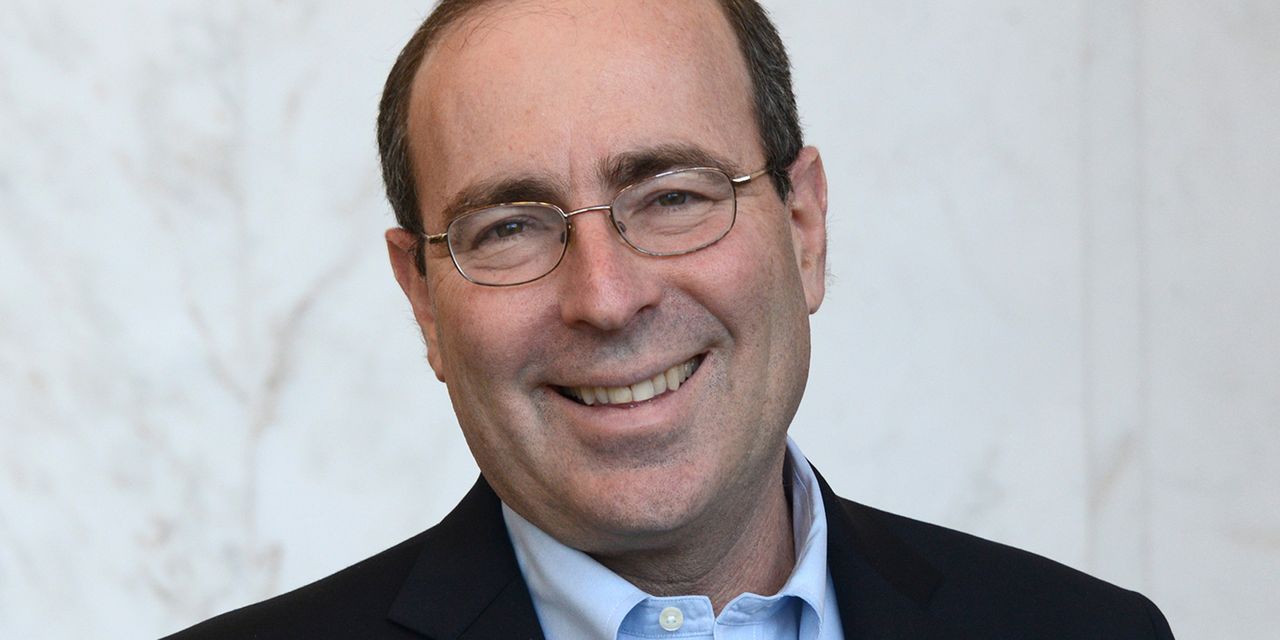The Federal Reserve shouldn’t stop raising interest rates for fear of a recession, said Richmond Fed President Thomas Barkin on Wednesday.
“If there is one thing we learned in the 1970s, it is that the Fed can’t let inflation fester and expectations rise. If we back off for fear of a downturn, inflation comes back even stronger and requires even more restraint,” Barkin said, in a speech to the Top of Virginia Chamber of Commerce at Shenandoah University in Winchester, Va.
All the factors that influence higher prices – demand, supply, commodity and wage pressures – are easing, Barkin said, and, as a result, “the economy should get into better balance in the months to come.”
“But I expect that process to be a lengthy one,” Barkin added.
Geopolitical risks continue, such as OPEC’s decision to cut oil production, he noted.
Last week the Fed raised its benchmark interest rate by the fourth jumbo rate hike in a row – to a range of 3.75%-4.%.
“We have been mandated by Congress to maintain stable prices and we are doing what it takes to get inflation back to our 2% target,” Barkin said.
Fed Chairman Jerome Powell told reporters the central bank is likely to raise rates above the 4.5%-4.75% range that officials had penciled in a few months ago.
Market participants still talk about a possible “Fed pivot” in coming quarters.
Investors who trade in Fed fund futures contracts expect the central bank to slow the pace of rate hikes to a half-percentage point move at the next meeting in mid-December, according to the CME’s FedWatch tool.
After that, traders expect quarter-point hikes at the first two meetings next year, bringing the benchmark rate to a “terminal” range of 5%-5.25%. Traders then see the Fed holding steady until November when the central bankers cuts the benchmark rate by a quarter-point.
Fed officials will update their expectations for the path of their benchmark rate following their Dec. 13-14 meeting.
The yield on the 10-year Treasury note
TMUBMUSD10Y,
has slipped to 4.11% in late morning trading.



